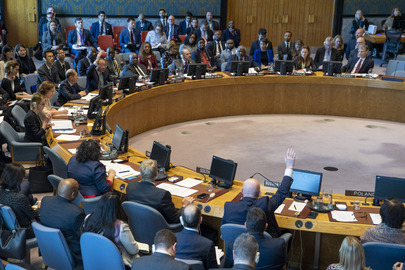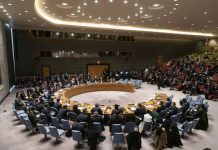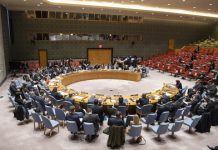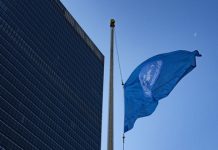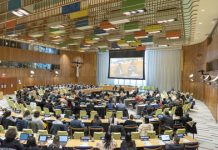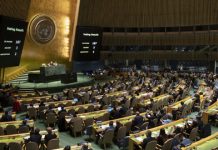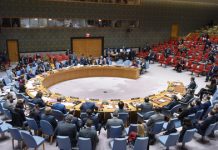Thick toxic smog and air quality or AQI levels up to 35 times higher than the World Health Organization (WHO) limits are turning Delhi’s winters into a recurring health emergency.
Balakrishna Pisupati, head of the UN Environment Programme (UNEP) office in India, warns that pollution is “almost reaching the level of a disaster.”
In an interview with UN News, he cites vehicle emissions, crop burning, industrial activity, construction dust and stagnant winter air as key contributors.
Despite programmes and investments, progress can feel like “running on a treadmill” due to policy gaps, weak enforcement and little change in behaviour.
UN News’ Anshu Sharma spoke to Mr. Pisupati on how UNEP is addressing India’s air pollution challenge, and the urgent need for coordinated action on fossil fuels and forest conservation.
Source of original article: United Nations (news.un.org). Photo credit: UN. The content of this article does not necessarily reflect the views or opinion of Global Diaspora News (www.globaldiasporanews.com).
To submit your press release: (https://www.globaldiasporanews.com/pr).
To advertise on Global Diaspora News: (www.globaldiasporanews.com/ads).
Sign up to Global Diaspora News newsletter (https://www.globaldiasporanews.com/newsletter/) to start receiving updates and opportunities directly in your email inbox for free.


